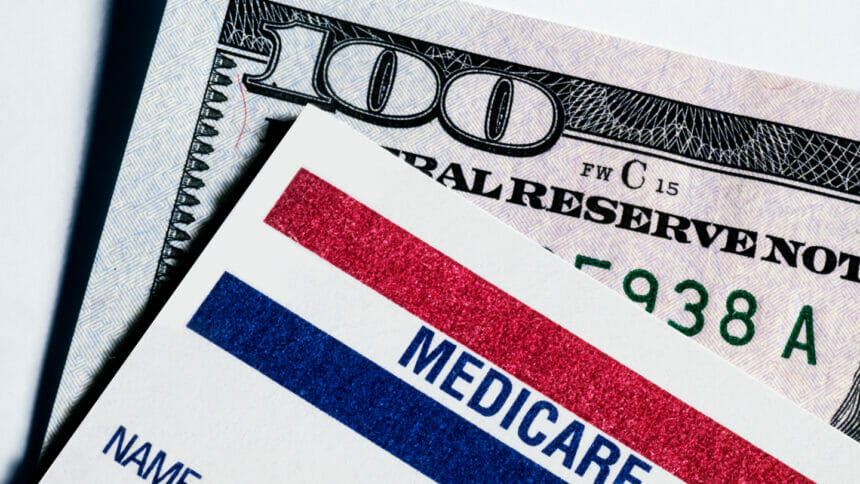
A provision aimed at lowering prescription drug costs will slash Medicare Part B co-insurances for 27 drugs between $2 and $390 per average dose beginning April 1, federal health officials have announced.
The Medicare Prescription Drug Inflation Rebate Program, part of the Inflation Reduction Act of 2022, cuts out-of-pocket costs for some people with original Medicare and Medicare Advantage, depending on their Part B coverage. The Part B drugs impacted by this adjustment may change quarterly, according to the Centers for Medicare & Medicaid Services.
The provision aims to discourage drug companies from hiking prices. The current rebates essentially claw back money from drug companies who must recoup Part B after raising prices above inflation in the last quarter of 2022.
“The Biden-Harris Administration believes people with Medicare shouldn’t be on the hook when drug companies inexplicably jack up the prices of their drugs,” Department of Health and Human Services Secretary Xavier Becerra said in a statement.
CMS has released more information about the 27 Part B drugs and biological products in a quarterly public file.
Vaccines at no cost
The Inflation Reduction Act also expanded vaccine access by eliminating enrollee cost-sharing for recommended vaccines covered under Medicare Part D. A new report from HHS has estimated that Medicare beneficiaries will save more than $230 million on vaccines after that mandate went into effect Jan. 1.
In 2021, 3.4 million Medicare recipients paid $234 million in out-of-pocket costs for recommended vaccines covered under Part D, the agency reported. Key vaccines are now free to these beneficiaries, including the shingles vaccine, which can cost some seniors nearly $200 dollars, and the Tdap shot, according to HHS. In 2021, beneficiaries who received a Part D covered vaccine paid an average of about $70 for these vaccines.
Negotiating prices for 2026
Also on Wednesday, HHS and CMS issued initial guidance on key elements of the new Medicare Drug Price Negotiation Program. Under the Inflation Reduction Act, Medicare can for the first time negotiate directly with drug companies on pricing. HHS is taking public comment on the program, with negotiations taking place in 2023 and 2024, and new prices to take effect in 2026.
Related articles:
Medicare costs could soar with availability of new obesity drugs, experts say
Nursing homes finally seeing benefits of Medicare Advantage supplemental services
Lawmakers seek to bolster Medicare, Medicaid mental health coverage



